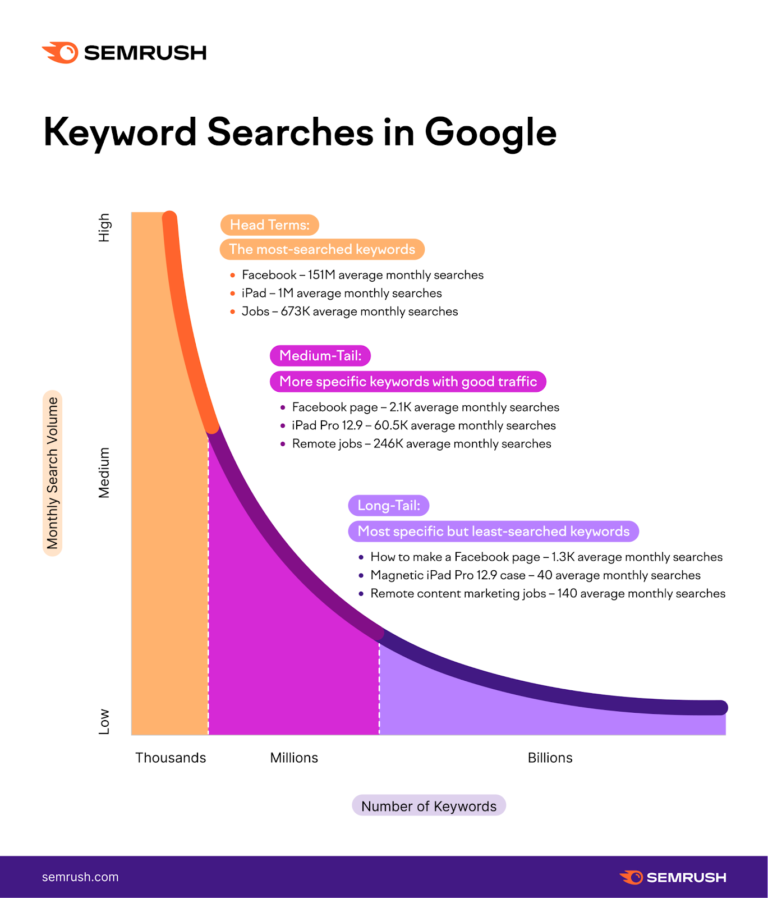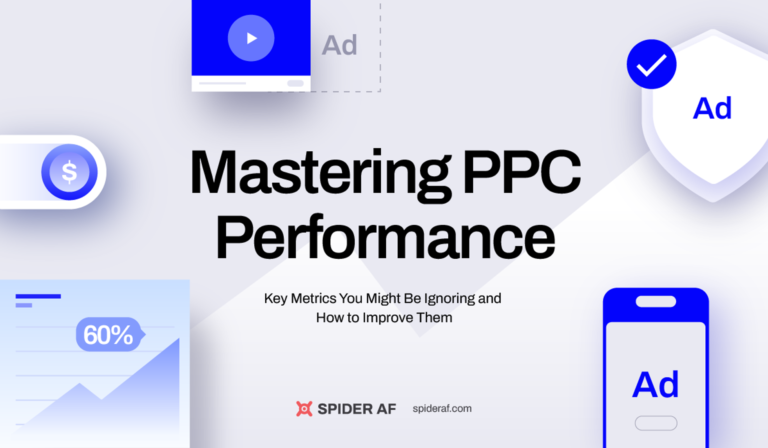Google Ads and Facebook Ads are both powerful platforms, but which one is right for your business? Here’s a concise comparison to help you decide.
With Google Ads, you can reach people actively searching for products or services related to your business, while Facebook Ads allow you to target specific demographics based on their interests and behaviors. Both platforms have their strengths and can be effective for different goals and objectives.
Now, let’s delve deeper into the features and benefits of each platform to help you make a more informed decision for your business advertising strategy.
%20Header.jpg)
Credit: www.polymersearch.com
Google Ads
Deciding between Google Ads and Facebook Ads for your business? Both platforms offer unique benefits. Google Ads allows you to target users actively searching for your products or services, while Facebook Ads lets you reach a highly targeted audience based on demographics and interests.
Explore which platform aligns best with your business goals and target audience to make an informed decision.
Google Ads, formerly known as Google AdWords, is one of the most popular online advertising platforms available today. It allows businesses to display their ads prominently on the Google search engine results page (SERP), as well as on other Google-owned properties and partner websites. With its wide range of targeting options and extensive audience reach, Google Ads can be a powerful tool for businesses looking to attract potential customers and increase their online visibility.Overview Of Google Ads
Google Ads is a pay-per-click (PPC) advertising platform that allows businesses to bid on specific keywords relevant to their products or services. When a user searches for a keyword that matches the business’s chosen keywords, their ad can appear at the top or bottom of the search results page. These ads are labeled as “sponsored” and can be highly effective in reaching the right audience at the right time.Targeting Options And Audience Reach
One of the key advantages of Google Ads is its extensive range of targeting options. Businesses can target their ads based on factors such as location, language, device, and even specific demographics. This level of granularity allows businesses to tailor their ads to reach the most relevant audience for their offerings. Moreover, Google Ads boasts an impressive audience reach. Google is the most widely used search engine in the world, with billions of searches conducted every day. This vast user base provides businesses with an opportunity to tap into a massive pool of potential customers. Additionally, Google’s display network allows businesses to extend their reach beyond the search engine, showcasing their ads on partner websites and apps.Advantages And Disadvantages Of Using Google Ads
Google Ads offers several advantages that make it an attractive platform for businesses: 1. High visibility: Google Ads allows businesses to appear prominently on the search results page, increasing their visibility and giving them an edge over competitors. 2. Immediate results: With Google Ads, businesses can start driving targeted traffic to their website almost instantly. This is especially beneficial for businesses looking for quick results and want to see immediate ROI. 3. Measurable and trackable: Google Ads provides detailed reporting and analytics, allowing businesses to track the performance of their campaigns and make data-driven decisions. This level of transparency is essential for optimizing campaigns and maximizing return on investment. However, Google Ads does have some disadvantages that businesses need to consider: 1. Cost: While Google Ads can be an effective advertising platform, it can also be costly, particularly for competitive keywords and industries. Businesses need to carefully manage their budgets and bids to ensure they are getting the best value for their money. 2. Complexity: Google Ads can be complex and require a certain level of expertise to set up and manage effectively. Businesses may need to invest time and resources in training or hiring professionals to handle their campaigns efficiently. 3. Ad blindness: With the increasing prevalence of online ads, users have become more adept at ignoring or “tuning out” ads. This can make it challenging for businesses to capture the attention of their target audience and achieve the desired results. In conclusion, Google Ads is a powerful online advertising platform with a wide range of targeting options and extensive audience reach. It offers businesses the opportunity to increase their online visibility, drive targeted traffic, and achieve measurable results. However, it is important for businesses to consider both the advantages and disadvantages before deciding if Google Ads is the right platform for their specific needs and goals.
Credit: www.synthesia.io
Facebook Ads
When it comes to online advertising, Facebook Ads is a powerful platform that should not be overlooked. With its extensive user base, diverse targeting options, and efficient ad delivery system, Facebook Ads offers a unique opportunity for businesses to reach and engage with their target audience effectively. In this section, we will explore an overview of Facebook Ads, its targeting options and audience reach, as well as its advantages and disadvantages for businesses.
Overview Of Facebook Ads
Facebook Ads is a social media advertising platform that allows businesses to create and display ads within the Facebook ecosystem. With over 2.8 billion monthly active users, Facebook provides an unparalleled reach for businesses looking to promote their products or services. Whether you want to increase brand awareness, drive website traffic, or generate leads, Facebook Ads offers a variety of ad formats and objectives to suit your marketing goals. These include image ads, video ads, carousel ads, and more.
Targeting Options And Audience Reach
One of the biggest advantages of using Facebook Ads is its extensive targeting options. The platform allows you to define your target audience based on a wide range of criteria, including demographics, interests, behaviors, and even connections. This granular targeting capability enables businesses to reach a specific and highly relevant audience, increasing the chances of conversion.
In addition, Facebook’s “Custom Audiences” feature allows you to retarget your existing customers or website visitors, maximizing the effectiveness of your ads. By uploading customer lists or installing a Facebook pixel on your website, you can create personalized campaigns tailored to people who are already familiar with your brand, leading to higher engagement and better ROI.
When it comes to audience reach, Facebook Ads offers unparalleled potential. With billions of active users, businesses have access to a vast audience pool across various demographics and locations. Whether you are targeting a niche market or aiming for mass appeal, Facebook Ads provides the reach necessary to get your message across to the right people.
Advantages And Disadvantages Of Using Facebook Ads
Using Facebook Ads for your business comes with several advantages. First and foremost, the platform offers cost-effective advertising options, allowing you to set a budget that suits your business needs. Unlike traditional advertising methods, Facebook Ads is highly scalable, enabling businesses of all sizes to run effective campaigns with any budget.
Moreover, Facebook Ads provide robust analytics and reporting tools that allow you to track the performance of your campaigns in real-time. This data-driven approach empowers businesses to make data-backed decisions, optimize their ads, and continually improve their advertising strategy.
On the other hand, there are some disadvantages to consider when using Facebook Ads. The platform operates within a competitive landscape, with many businesses vying for the attention of users. This means that your ads may face stiff competition, making it crucial to create attention-grabbing and highly relevant content to stand out from the crowd.
Additionally, Facebook is known for its frequent algorithm changes, which can impact the reach and visibility of your ads. Staying updated with the platform’s policies and best practices is essential to ensure your ads are effectively reaching the intended audience.
In conclusion, Facebook Ads offers businesses a powerful platform to reach and engage with their target audience. With its extensive user base, versatile targeting options, and cost-effective advertising options, businesses can leverage Facebook Ads to achieve their marketing objectives effectively. However, it is important to stay updated with the platform’s changes and create compelling content to maximize the potential of this advertising platform.
Choosing The Right Platform
Choosing the right advertising platform is a vital decision for any business looking to maximize its online presence. With a plethora of options available, it can be challenging to determine which platform will offer the best results for your specific business needs. In this blog post, we will explore the key factors to consider when choosing between Google Ads and Facebook Ads, helping you make an informed decision that aligns with your advertising goals and target audience.
Determine Your Advertising Goals
Before deciding on a digital advertising platform, it is crucial to define your advertising goals. Consider what you hope to achieve with your campaigns – do you want to increase brand awareness, generate leads, drive website traffic, or boost sales?
For businesses primarily looking to drive direct sales or promote products/services with a high search intent, Google Ads is an excellent choice. With its powerful keyword targeting capabilities and extensive search network, Google Ads allows you to connect with potential customers actively searching for what you offer.
On the other hand, if your goal is to build brand awareness, engage with a wider audience, or target customers based on their interests and demographics, Facebook Ads can be highly effective. With over 2.8 billion monthly active users, Facebook offers unparalleled reach and sophisticated targeting options that help you connect with the right audience.
Consider Your Target Audience
Understanding your target audience is essential when selecting the right advertising platform. Google Ads primarily targets users based on their search intent, allowing you to reach customers actively looking for products or services in your niche.
If your business caters to a specific niche with well-defined keywords, Google Ads can ensure your ads appear directly in front of potential customers at the moment they express interest.
Conversely, if your target audience is broad and spread across various demographics and interests, Facebook Ads provides extensive demographic and interest-based targeting options. Whether you want to reach young adults interested in fitness or parents looking for baby products, Facebook’s detailed targeting capabilities can help you effectively communicate your message to the right audience.
Evaluate Your Budget And Resources
Another crucial factor to consider when comparing Google Ads and Facebook Ads is your budget and available resources. Google Ads operates on a pay-per-click (PPC) model, meaning you only pay when a user clicks on your ad. This makes it a suitable choice for businesses with a relatively higher budget and a focus on immediate conversions.
On the contrary, Facebook Ads offers various campaign objectives and pricing options, including cost-per-click (CPC), cost-per-mille (CPM), and cost-per-engagement (CPE). This flexibility allows businesses with limited budgets to leverage Facebook Ads effectively while still achieving their desired marketing objectives.
Assess The Nature Of Your Business
The nature of your business and the industry you operate in should also influence your choice of advertising platform. Certain industries may perform better on a particular platform due to factors like target audience behavior and competition.
If you operate in a highly competitive industry with a significant online presence, utilizing Google Ads can help you stand out in search engine results and attract potential customers away from your competitors.
However, if your business thrives on visual storytelling or relies heavily on visual content, Facebook Ads’ visually rich and engaging formats, including image and video ads, can provide a better avenue to showcase your brand and connect with your audience.
| Google Ads | Facebook Ads |
|---|---|
| Target audience based on search intent | Detailed demographic and interest-based targeting options |
| Emphasizes direct sales and high search intent | Effective for brand awareness and audience engagement |
| Pricing model: Pay-per-click (PPC) | Flexible pricing options including CPC, CPM, and CPE |
| Suitable for highly competitive industries | Visual-rich formats for brands relying on visual storytelling |
By carefully evaluating your advertising goals, target audience, budget, and business nature, you can make a well-informed decision on whether Google Ads or Facebook Ads (or a combination of both) will be the right platform to achieve your marketing objectives. Remember, it’s essential to regularly analyze and optimize your campaigns to ensure they continue to generate the desired results.

Credit: www.shopify.com
Frequently Asked Questions On Google Ads Vs. Facebook Ads: Which Platform Is Right For My Business?
Which Platform Is Best For Advertising Your Business?
Facebook is the best platform for advertising your business due to its extensive user base and targeting options. With billions of active users, you can reach a wide audience while using Facebook’s precise ad targeting to connect with the right people for your business.
Is Google Ads Right For My Business?
Google Ads can be beneficial for your business as it allows you to reach a wider audience, increase brand visibility, and drive targeted traffic to your website. It provides flexibility in terms of budget and targeting options, making it suitable for businesses of all sizes and industries.
Are Facebook Ads Right For My Business?
Facebook ads can be effective for your business if you want to reach a wide audience, target specific demographics, increase brand awareness, drive website traffic, and generate leads. With its extensive user base and powerful targeting options, Facebook ads offer a cost-effective way to engage with potential customers and grow your business.
Is Google Ads Better Than Facebook Ads For Ecommerce?
Google Ads is generally considered better than Facebook ads for ecommerce due to its targeted keyword search and intent-focused audience.
Conclusion
Ultimately, choosing between Google Ads and Facebook Ads depends on your business goals and target audience. Google Ads can be highly effective for reaching customers actively searching for products or services, while Facebook Ads offer precise targeting options and a vast user base.
Consider your budget, objectives, and audience demographics to make an informed decision. Remember to regularly analyze and optimize your ad campaigns to maximize your results and ROI.



